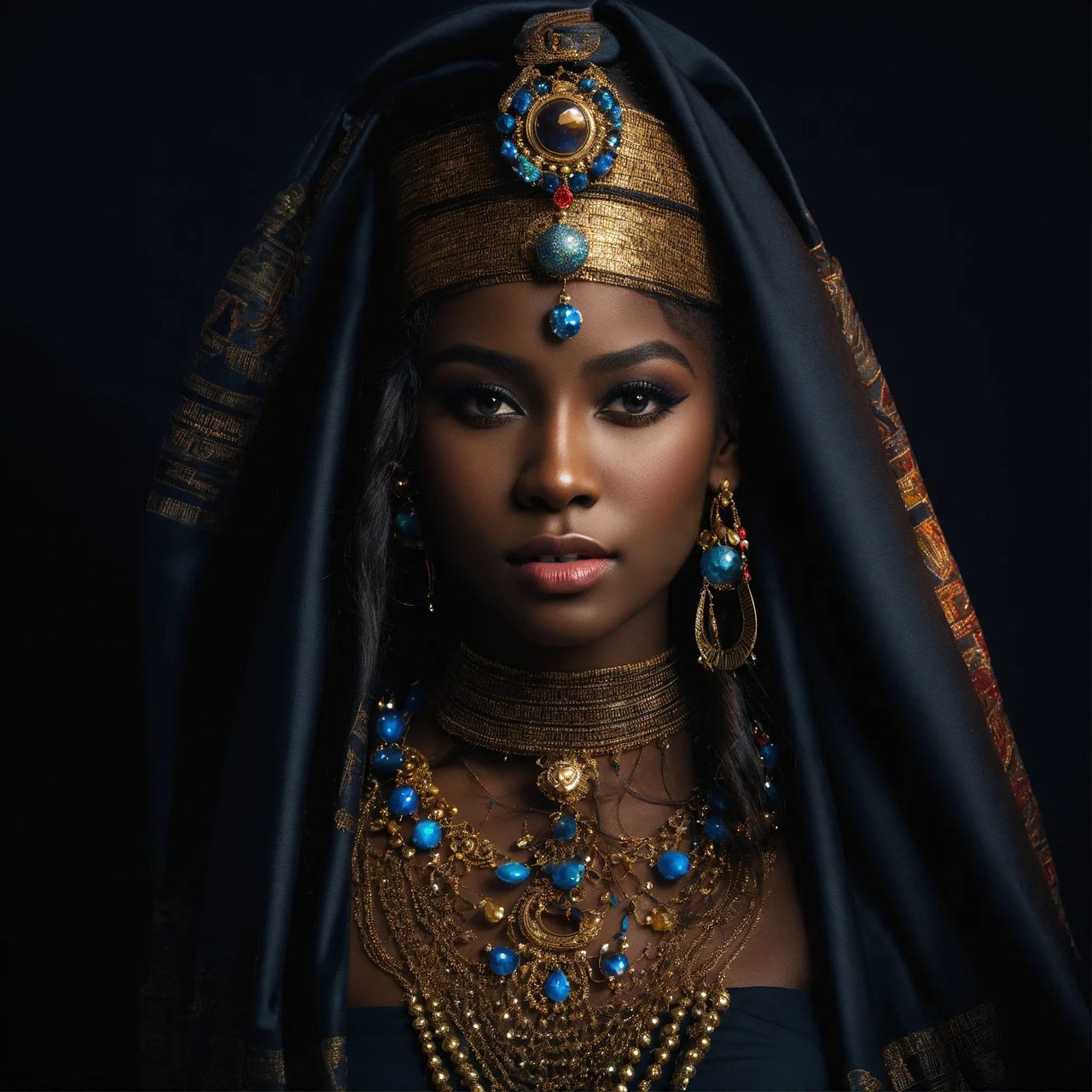The Sacred Duties of a Wife: Rediscovering her Power in the Ashabari Way.
What is Ashabari?
It is the sacred understanding that in a true union, partners are not just lovers, but co-carriers of each other’s dreams, scars, growth, and legacy. It teaches that love is not just intimacy; it is mutual protection, shared responsibility, and emotional covering. In Ashabari, you don’t walk ahead of your partner. You don’t walk behind. You walk with. Ashabari, the hope we carry together.

A deep return to the wisdom, strength, and spiritual authority women once carried and still can. In many modern homes, the sacredness of a woman’s role has been reduced to labels: helper, housewife, submissive, or support system. But in the Ashabari Way, a return to African-rooted love, the wife is not just a partner. She is the spiritual backbone, moral compass, and keeper of sacred harmony in the home. Long before Western doctrines and colonial structures reshaped marriage, African homes particularly in ancient Egypt and across the continent held a deeper wisdom: that the woman is the carrier of divine balance (Ma’at), not just romance. Let’s walk through these unspoken but powerful sacred duties of a wife, grounded in the Ashabari philosophy.
She carries Ma’at, the balance of the home.
In ancient Egypt, Ma’at was the concept of truth, balance, and justice, not just in society, but also in the home. The wife was seen as the guardian of this order, keeping peace between generations, resolving tensions, and ensuring the emotional and spiritual well-being of the household.
She is the priestess of the household.
Women performed rituals, offerings, and prayers at the family altar. In the Ashabari Way, a wife leads spiritually by protecting the atmosphere in the home through her intuition, discernment, and sacred rhythms. She blesses the home through how she speaks, prays, and holds emotional space.
She is the moral architect.
She doesn’t just raise children; she raises legacies. Wives in traditional African culture were educators, forming the character and cultural identity of the next generation. A child’s sense of truth, honor, and humility often flows from the mother’s influence.
She is the living covenant between lineages.
When a woman marries, she becomes the bridge between two families, ensuring peace, respect, and legacy between bloodlines. She doesn’t “leave her family behind”, she expands it.
She leads in quiet power.
The wife does not dominate by force but guides through deep wisdom. She can redirect a stubborn husband with grace. She builds, not breaks. She challenges, not crushes.
She serves, but she also sees.
In her service; cooking, nurturing, tending etc. she sees deeply into her partner’s spirit. She knows when he’s drifting, hurting, or hiding, and brings him back, not through control, but through covering.
She holds the house as a temple.
The African home was once a spiritual center. Ashabari restores this truth: the wife is not just decorating the house, she’s curating sacred space through her presence, energy, and daily rituals.
Final Reflection
A woman’s sacred duties are not limitations, they are reclaimed power. The Ashabari Way does not shrink the wife to submission. It raises her to her rightful place as co-creator, covenant keeper, and spiritual foundation of the home. When a wife lives in her Ashabari calling, she doesn’t just manage a home, she awakens a lineage.







